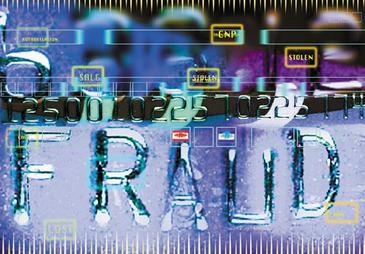What is a Fraud Investigation?
Fraud is considered to involve misrepresentation with an intent to deceive. If a company makes specific promises about a product, for example, in order to sell that product, they may be guilty of fraud if they are aware that the product does not work as advertised. Fraud is a very real and costly problem in today’s world, and it causes not only loss of money but also loss of life and serious injuries. A fraud investigation tries to determine whether fraud has taken place and tries to detect evidence if fraud has occurred.
What happens in fraud investigations?
Most fraud investigations begin with a meeting between the investigator and the client. The person launching the investigation explains to their investigators why they suspect fraud has taken place and hand over any evidence they have to the investigator. A good fraud investigator will use this initial information to find more evidence and more facts. A fraud investigator may use surveillance, asset searches, background checks, employee investigations, business investigations, and other types of methods to get to the bottom of a case. In most cases, fraud investigations are investigations of white collar crime, which involves surveillance and careful consideration of complicated financial records.
Are there different types of fraud investigations?
Just as there are different types of fraud and fraud-related crimes, there are different types of fraud investigations. Insurance fraud investigations, for example, try to uncover those who make false claims to get insurance money. In some cases, these types of investigations also uncover insurance companies who refuse to honor legitimate claims. Workers compensation investigations, on the other hand, uncover employees who try to unrightfully claim compensation for injuries they do not have. They also uncover companies who do not pay legitimately injured or ill employees. Corporate investigations often try to uncover fraud in companies while financial investigations and accounting investigations often try to determine whether any financial fraud has been committed. Identity theft investigations try to determine whether someone’s identity has been stolen and used to perpetrate fraud. General fraud investigations cover all other areas of fraud.
What can I do to help a fraud investigation?
If you think you may need a fraud investigator, start right away. As soon as you suspect that you may be the victim of fraud, start gathering any evidence you have. It is often helpful for people to keep a journal that outlines anything they observe. The act of writing down your ideas and suspicions often makes them clearer and makes it easier for you to explain your situation to a private investigator. At the same time, though, you should never start your fraud investigation yourself. Evidence you gather may not be admissible in court. For this reason, the best thing you can do to help your fraud investigation is to find a qualified, experienced fraud investigator.
Why do I need a fraud investigation?
Fraud costs the economy many billions of dollars a year. If you are the victim of fraud, you may lose significant amounts of money, and, in some cases, your good name. Stopping fraud is in everyone’s best interests, but if you have been a victim yourself, a fraud investigation can be the first step to getting compensation or your money back.
What is the difference between fraud and lying?
Fraud usually involves lying for a specific gain that causes someone loss while lying does not always include hurt. For example, if you take your car to an unscrupulous mechanic, he may tell you that he makes one hundred thousand dollars a year. If this is a lie, it does not hurt you. However, if your car does not need repairs but the mechanic convinces you that your car needs $500 in body work, the mechanic has committed fraud because he has twisted the truth in a way that means financial loss for you.
What is most important in a fraud investigation?
Fraud investigations can be complicated and difficult for a few reasons. First, criminals take great care to cover their tracks and escape prosecution. Secondly, in order for an investigation to be useful in a legal case, an investigator must be able to prove that fraud was intended. Only a qualified investigator can successfully complete these facets of a fraud investigation.



